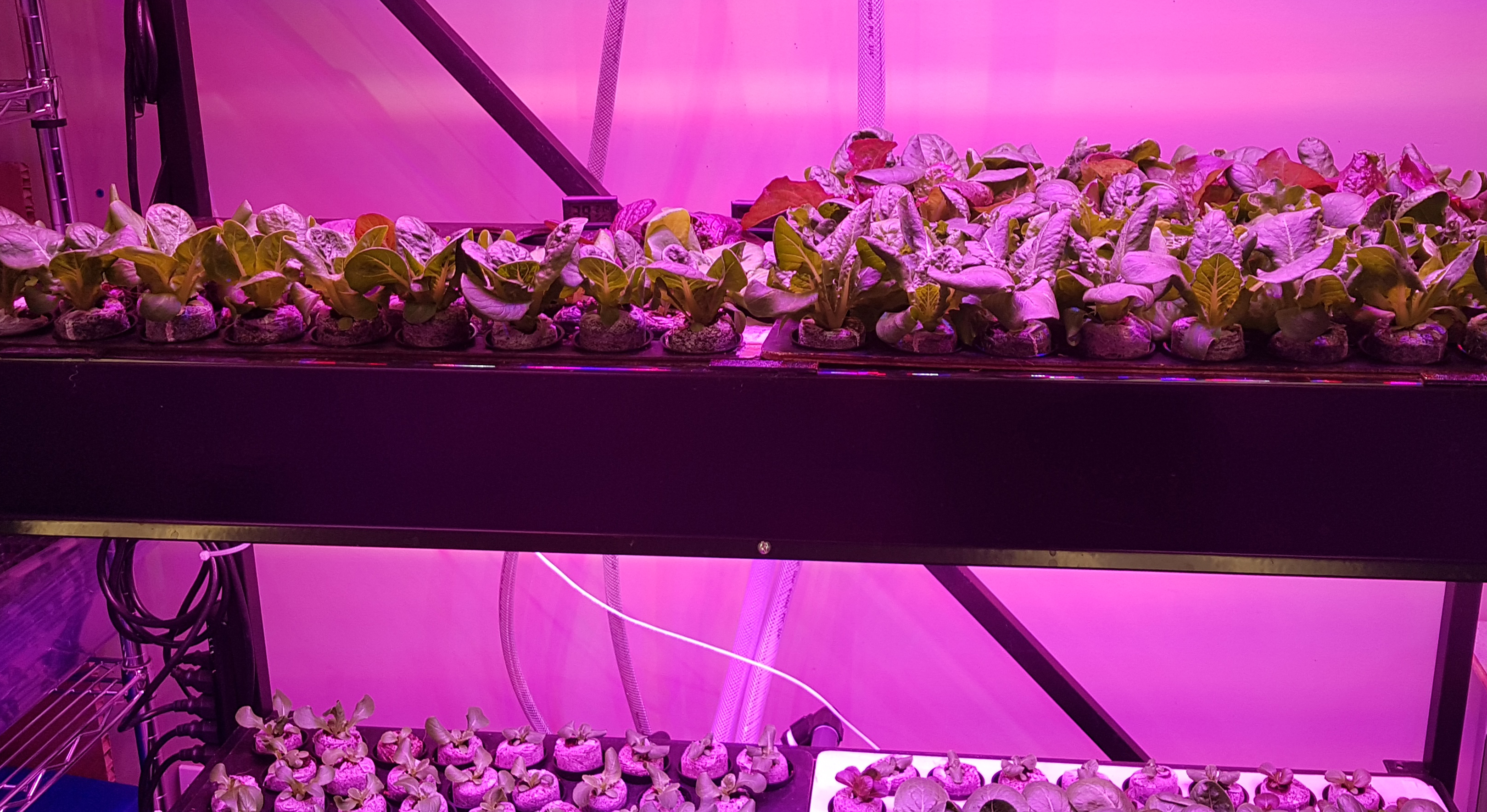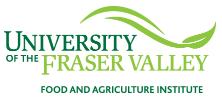The Vertical Agriculture Network and Sustainable Systems (VANSS) is a research initiative being done in collaboration with the Food and Agriculture Institute at the University of the Fraser Valley, and industry partners: QuantoTech Solutions Ltd. and i-Open Technologies Inc. The research is driven by pressing needs for finding innovative ways of addressing food system vulnerabilities and increasing resilience in the face of climate change and economic shocks, issues that relate to and are compounded by the farm succession and food supply/distribution challenges associated with conventional agriculture. A potential approach for addressing these growing challenges is to explore options for widespread implementation of urban agriculture by adopting vertical farming and controlled-environment agriculture methods. Such farming methods could possibly provide an avenue for sustainable food production, distribution, and access, where technology-driven (but also inclusive and resilient) food production systems can be developed in ways that align with environmental, economic, and food security objectives.

| Planning Considerations Workshop Report | Download Scenarios Study Report | Download Survey Study Report |
| Download Focus Group Report | Download Summary Poster | Download Food Miles Mapping Poster |
The research explores the environmental, social, and economic implications of scaling-up and developing vertical farms in different neighbourhoods of communities in the Lower Mainland region, British Columbia. The project maps and examines data related to different vertical agriculture development patterns, and it engages local government, economic development, and food security stakeholders in dialogues around scenarios and potential trajectories for developing vertical agriculture in a manner that contributes to resilient and sustainable community food systems. The aim is to generate evidence-based knowledge on best practices that reveal both opportunities and existing/emerging challenges for broad-based adoption of vertical farms as components of sustainable food systems. This project builds on interdisciplinary knowledge and studies in community sustainability and food systems vulnerabilities, as well as practical solutions for addressing sustainable food systems challenges.
Published in Amplify, the researchers in this project produced an article that explores vertical farming as a pathway to biodiversity conservation. The article provides three guiding principles for how vertical agriculture can conserve biodiversity: (1) diversification in produce, (2) localized, decentralized farming, and (3) integration with other social, economic, and physical systems. These principles are then applied in practice across several business models in vertical agriculture. The article concludes by describing how management practices, complementary technologies, and policy collaboration are key to successful vertical farm implementation. Click the button below to access the article.
| Vertical Farming Innovation: Improving Food Security & Conserving Biodiversity |
A workshop series was held from January to February 2024, which engaged agriculture industry professionals, students, government agency representatives, food-related non-profit organization staff, and academics in British Columbia to identify key topics and learning approaches for the development of vertical agriculture training materials and courses. Three workshops were conducted, and they respectively focused on (1) fundamentals of vertical agriculture practices and techniques, (2) relationship between emerging agricultural technologies, sustainable food systems, and resiliency, and (3) planning and policy considerations, key challenges, and future directions for vertical farming. The outcomes of the workshops are being used to inform the development of content and materials for online vertical agriculture micro-credential programs, which specifically focus on how to use the technologies to support sustainable and resilient food systems. Click the button below to access a report on the workshop series and its outcomes.
| Download Report on Workshop Series |
 |
 |
This project is being supported by funding from the MITACS Accelerate program.

